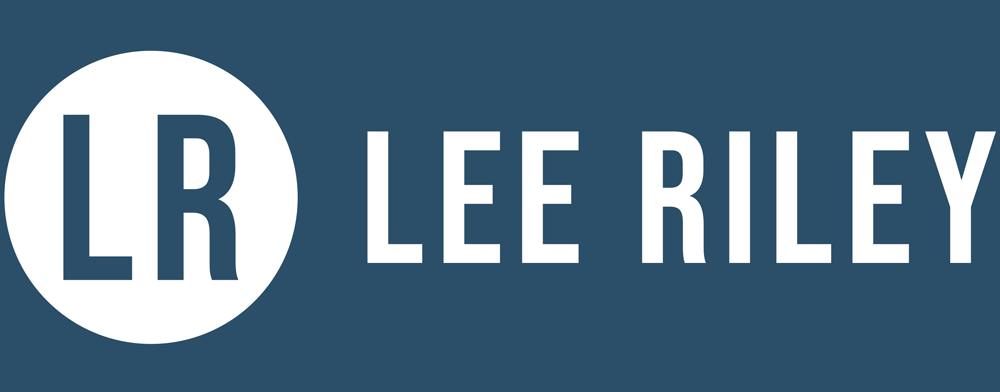About Me
I’m a Seattle-based leadership development, coaching, and OD consultant. My experience and expertise span both the public and private sectors in virtually any industry—wherever people lead people in an organizational setting. My approach is straightforward and practical, with a focus on real-world skills that will directly impact workplace culture.
My own leadership experience includes 20+ years managing employees, leading teams, and creating organizational alignment—with enough success to keep me excited and engaged and enough failure to keep me humble and learning.
M.A., Global Leadership
M.Div., (emphasis in human development, Princeton)
Graduate Studies, Education
B.A., Philosophy
I’m also on staff with the University of Washington as a Leadership Development and OD Consultant. In this role, I have the opportunity to serve the 46,000 employees from the UW’s three campuses as well as UW Medicine and its partner organizations through 1:1 executive coaching, OD consultations, custom trainings, and the six leadership workshops I teach quarterly:
Learning to Lead (Q0200)
Managing Employee Performance (Q0570)
Tactical Leadership (Q1860)
How to Give and Receive Feedback (Q0850)
Under the Hood: Understanding Your Brain at Work (Q1840)
Managing Corrective Action at the UW (Q0070)
Outside of this, I work hard to stay in the “marginally cool dad” category for three young adults and have enjoyed everything about growing up in the Pacific Northwest. On weekends you can find me trail running, mountain biking, climbing, and skiing. Back in the day, I worked as a mountaineering guide and you can see a few of my adventures here.
I have the privilege of working with some fantastic organizations…
What Else?
If you could have one gigantic billboard with anything on it, what would it say and why?
Easy…“Be the change you want to see in others.” I like this because it places the emphasis squarely on my shoulders as the place to begin. It’s easy to want the world around me to change to fit my expectations – yet this takes no courage, personal strength, or humility. What’s difficult is owning the fact that I play a part in making my world whatever it is, and this is where my attention should go first. I find that when I shift my focus in this way, I see my own faults more clearly and am more generous with those around me.
In the last five years, what new belief, behavior, or habit has most improved your life?
While not new, learning to let go of petty offenses, slights, and when things just don’t work out has become more important to me in recent years. I’ve discovered that resentment — that is, rehearsing wounds from the past — is a sure-fire way to kill your enthusiasm, confidence, and peace.
What advice would you give a smart, driven college student about to enter the "real world"?
Develop these six core disciplines and build them into your life every day, wherever it takes you:
Wake up early and have a plan for your day; set goals and make them a priority.
Be fiscally responsible and content to live within your means. Live lean and be content with less.
Always keep a clean slate with others – forgive them quickly and ask their forgiveness of you.
Make self-care a priority…exercising, eating well, meditation, etc.
Develop strong friendships with people who will challenge you to be the best version of yourself.
Learn to examine yourself and come to grips with what you see…even when it’s not pleasant.
What are harmful recommendations you hear in your profession or area of expertise?
Like almost everyone in this industry, I enjoy helping others find clarity for how to lead, live and be an overall better human being. If I’ve discovered anything while on my own journey, it’s that personal change takes a lot of two things: humility and hard work. Because of this, I’m suspicious of any perspective or advice that implies there’s a hack or shortcut that guarantees success without genuine effort and a hard look at oneself.
When you feel overwhelmed or unfocused, what do you do?
First, I resist the urge to panic and remind myself that I’ve been here before and will be again. During the struggle, it’s easy to believe that this temporary state is here to stay. Also, I’ve come to identify—and fight—what I call my panic responses. These are the subtly self-destructive behaviors or thought patterns that creep in during times of stress or doubt. Finally, I go back to the disciplines that affirm my core person: meditation and prayer, a long trail run (to a summit, if possible), reading my favorite authors, and having coffee with a good friend. I can’t control everything that my emotions send my way but if I stick to what my mind knows is true, in time I’ll find myself back on track.
















